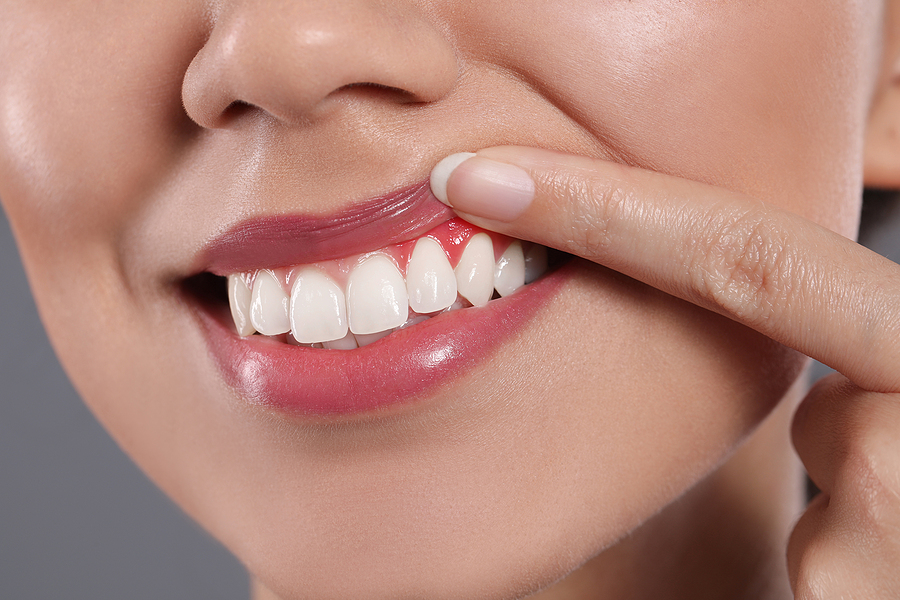
Nicotine: Why it can be bad for your oral health and when to see a doctor
Why Is Nicotine Bad For Your Teeth?
We’ve known that smoking is bad for you for a long time now. People search for alternative ways to get their daily dose of nicotine. Welcome: vapes. However, since traditional cigarettes and e-cigarettes contain nicotine, the impact of e-cigarettes is just as bad, if not worse, for chronic smokers. Let’s take a look at the problems nicotine can cause for your oral health.
- Nicotine can lead to tooth loss and gum diseases.
Nicotine is known to restrict blood flow to the gums. It also affects the mouth’s ability to fight infection or heal connective tissue. This can lead to a bigger risk of contracting gum diseases like gingivitis, periodontal disease, and tooth loss. According to a 2017 study from Javed and colleagues (2017), people who consume nicotine through smoking or vaping had higher plaque levels and reported gum pains.
- Nicotine can cause dry mouth.
Regular use of nicotine dehydrates your mouth and causes a number of issues such as dry mouth, bad breath, and toothache. The same 2017 study says that people who abstained from smoking reported no adverse effects on their oral health.
- Nicotine leads to excess bacteria.
Your mouth is only equipped to deal with a specific number of bacteria in your mouth through your daily oral care routine. Adding smoking to the mix increases the number of bacteria in your mouth, which can lead to a variety of periodontal concerns to the further detriment of your oral health. Nicotine in any form leads to dental problems, including:
- Bad breath.
- Teeth discoloration.
- Inflammation of the salivary gland openings.
- Increased accumulation of plaque and tartar on the teeth.
- Deterioration of bone loss within the jaw.
- Increased risk of leukoplakia -- white patches that occur inside the mouth.
- Increased risk of developing gingivitis and periodontitis.
- Delayed healing process after dental procedures like tooth extraction, periodontal treatment, or oral surgery.
- Increased risk of oral cancer.
- A lower success rate of dental implant procedures.
Various studies by the American Cancer Society present other serious reasons to quit nicotine.
About 90% of people who have cancer in the mouth, lips, tongue, and throat are identified to be users of tobacco. The risk of developing oral cancer increases with the amount used and duration of the habit. Smokers are six times more likely to develop oral cancers than nonsmokers.
About 37% of cancer patients who continue smoking even after being cured develop second cancers of the mouth, lips, tongue, and throat. Compare this to only 6% of those who stopped smoking.
Can cutting down on nicotine use improve oral health?
Yes, cutting down on nicotine is known to improve your oral health by automatically reducing the chances of developing gum and periodontal diseases. It also reduces the cancer risk that comes with smoking and tobacco.
When to see a doctor for a smoking-related oral complication?
Regular smokers and tobacco users will eventually reach a point where they encounter oral complications. When these occur, it is recommended to visit a dentist. So, schedule an appointment with Arden Dental Center (www.ardendentalcenter.com) when you notice:
- Bleeding gums
- Frequent dry mouth
- Loose teeth
- Mouth ulcers
- Toothache or mouth pain
- Receding gums
The bottom line is: the drawbacks of smoking, tobacco, and nicotine and the gradual deterioration of oral health have been well documented for decades now.
The sooner you address your symptoms and discomfort the better your chances of healing and the lower your risks of oral cancer. We at Arden Dental Center (www.ardendentalcenter.com) are here to help.
Office Hours
MON9:00 am - 5:00 pm
TUE9:00 am - 3:00 pm
WED9:00 am - 5:00 pm
THU10:00 am - 6:00 pm
FRI - SAT8:00 am - 1:00 pm
SUNClosed






comments